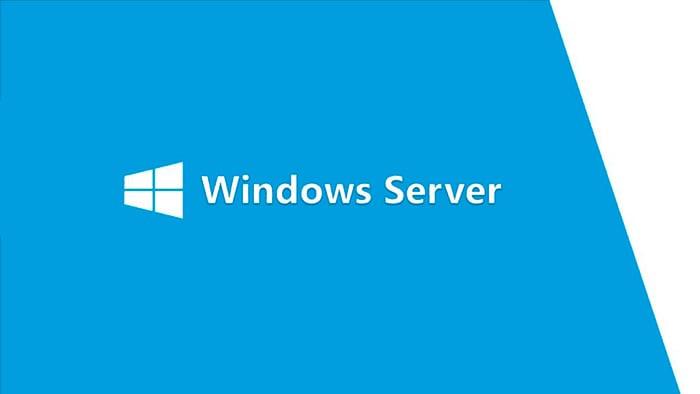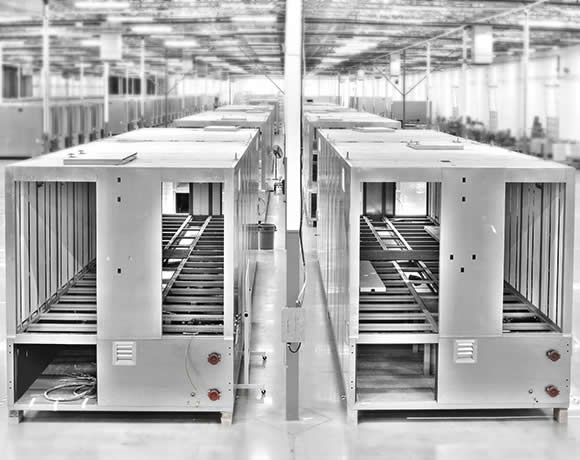
What Are Managed Services and How Can It Help Your Business?
August 27, 2015
What to Expect in Windows Server 2016
September 9, 2015Small businesses today have a greater need for more space for data storage. In the following paragraphs, we highlight important considerations when making this and related decisions.
Every small business gets to a point where they need more space to store business-related data. Today, businesses collect much more information about their dealings than ever before. These include documents, spreadsheets, emails, presentations, graphics, databases, customer files and audio/video files, which are the lifeline of most businesses.
Why so Many Increasingly Complex Data Storage and Backup Needs?
As the business grows, you need complex applications for processing and storage of data, and these take up immense disk space. The situation further complicates due to the fact that:
- The Sarbanes-Oxley and other government regulations demand that businesses store and backup a lot more data than they would have ordinarily
- Businesses need to maintain archives of email messages for five years or longer for legal reasons
- Malware, spyware and virus technology has become more sophisticated, demanding for more vigilance in backup and disaster recovery arrangements, leading to a need for more storage capacity
- Every
 new update/improvement of operating system and/or application software comes with greater space requirements
new update/improvement of operating system and/or application software comes with greater space requirements
- There is a growing need to increase the content types rendered to consumers, which leads to creation of large media files e.g. video and graphics files, which must then be made available to users through sophisticated storage solutions
Bear in mind that for every item of data stored, there must be a corresponding backup, sometimes two depending on your disaster management plan.
A business’s data resources are critical to continued operation and success. Luckily, businesses today have virtually unlimited choice regarding the storage and backup facilities. Typically, the most robust solution for any business will consist of a combination of these facilities.
How to Determine Your Storage Needs
The first step is to have a clear picture of your space requirements, which will also direct how much space must be available for backup. To do this, you must assess all your applications and how they use the data, as well as the nature and age of the data itself. Once you have a picture of how much data you have, you can determine what backup solution you will best implement.
Why Choose Online Backup Systems?
Apart from your physical servers where data is stored and retrieved on schedule, you probably have external drives to which you back up your data. The danger with having physical backup solutions only is that in the event of theft, vandalism or natural disasters, both your backup and main data collection will be lost.
This is where cloud-based/remote backup solutions are superior. There is a long list of benefits of implementing cloud-backup, but for now, the main advantages will suffice. By very nature, data should be backed up to a different location, meaning that you’ll have to find someplace other than your business premises to store physical backups, which costs a lot more.

With cloud storage and backup, your files are stored in a remote, secure server system, which is readily available from any location of the world. It will be possible to transmit large files to clients and partners by creating password-protected accounts for them. This eliminates the need to email large files, and the potential danger of breach that comes with that.
The most important advantage of cloud-based backup comes with the ease of scalability. Typically, backup service providers offer packages for clients according to their storage requirements. As the business grows and data increases, raising your capacity is as simple as subscribing to the next package, rather than having to pour resources into acquisition and maintenance of expensive equipment.
Author Bio
Teresa Strong has been a web developer for the last 12 years. She uses the cloud-based/remote backup solutions to ensure constant protection of her work. (Editor’s Note: Teresa might use cloud based backup solutions, but we like to stay on the ground)

 new update/improvement of operating system and/or application software comes with greater space requirements
new update/improvement of operating system and/or application software comes with greater space requirements